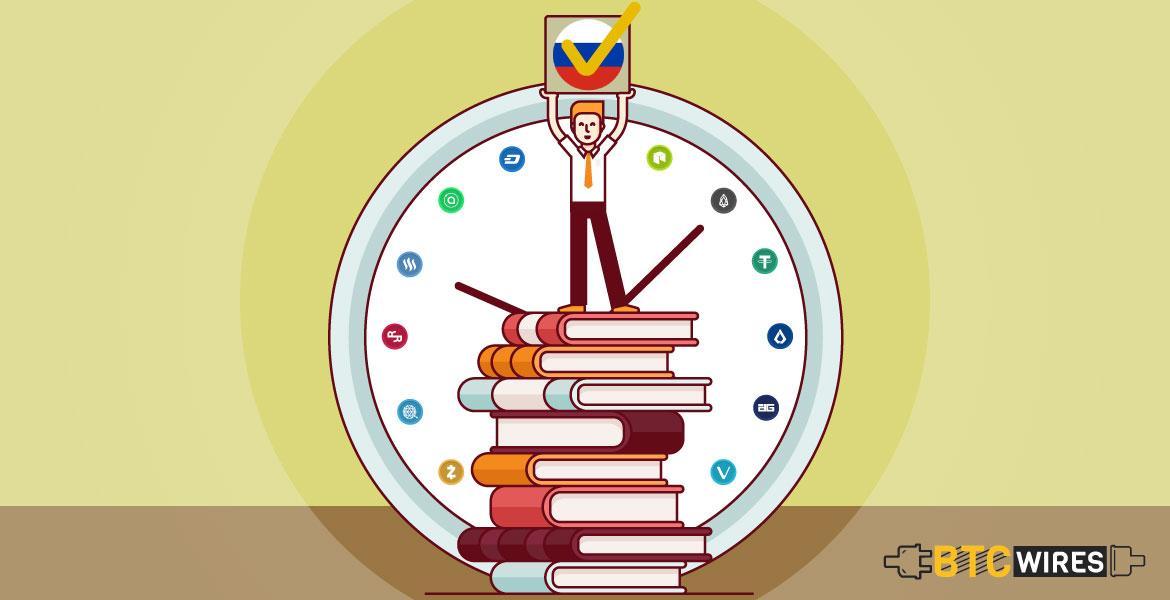The Chairman of the Lower Chamber of the Russian Parliament

The Chairman of the Lower Chamber of the Russian Parliament revealed that there are over 20 bills regarding crypto regulation that will be introduced in the Spring session of the Parliament.
Vyacheslav Volodin, Chairman of the Lower Chamber, said that the members of the House were considering a strong legislature regarding digital financial assets, digital rights and crowdfunding. As such, they expressed their interest in getting the Parliament ready to analyze the quality of the bills before considering to vote on them.
A press release on January 9th stated that the Russian Parliament’s top priority during the next upcoming session will be the digital economy, which will give Russia a “headstart” in the cryptocurrency ecosystem.
Volodin urged the members to consider his request “for the good of the country” and asked them to make it a top priority, stating that,
“Creating a favourable legal framework for the development of the digital economy should in many respects provide us with an advantageous position in competition among other countries.”
This could be one step forward in the direction of adoption of digital currencies, which is now an important agenda for Russia. The US is throwing sanctions at Russia and considering a shift to cryptocurrency as a way to offer some help to the nation.
Russia hasn’t completely banned the use of cryptocurrencies on its soil, however. But the general attitude of the government towards it has been one of cold indifference to date. Some legal action has been taken against the industry, with law enforcement officials seizing crypto ATMs, fearing that they could be used for cross-border financial crimes such as money laundering (which has been on the rise ever since Chinese crypto schemes got good at it).
The parliament has taken efforts to draw up regulations for controlling how digital currencies are used in the country before, but the bills have always been shot down at Parliament due to their “incomplete” nature, leaving a lot of terms undefined and leaving room for legal vulnerabilities that could be exploited in the future.
In October, the parliament got closer to hitting the target, giving private businesses and legal entities the ability to store assets on blockchains. However, the reference to mining was removed. These might all add up with Volodin’s new push, to get a successful framework in action.
